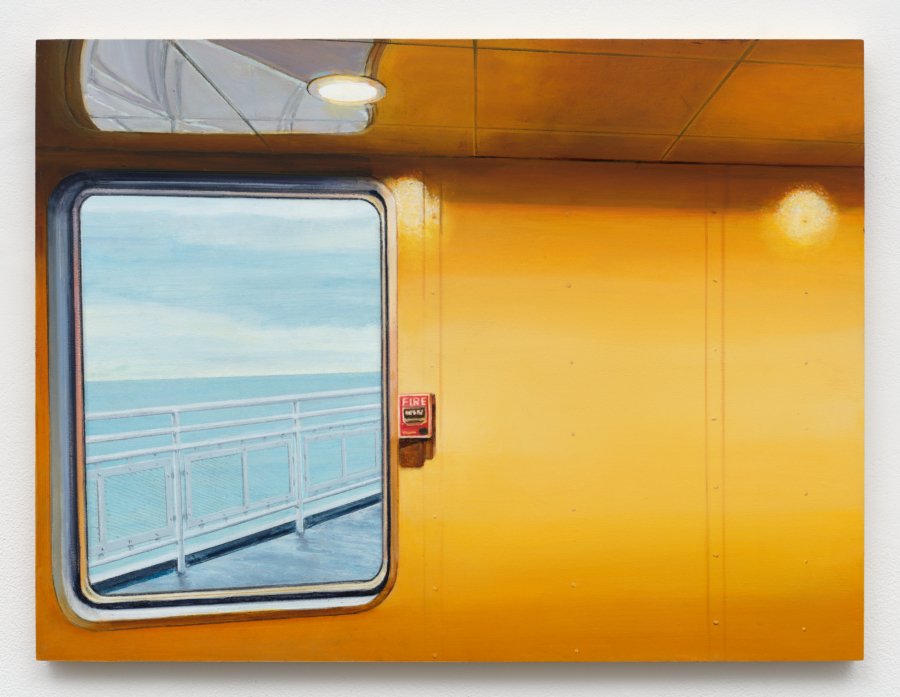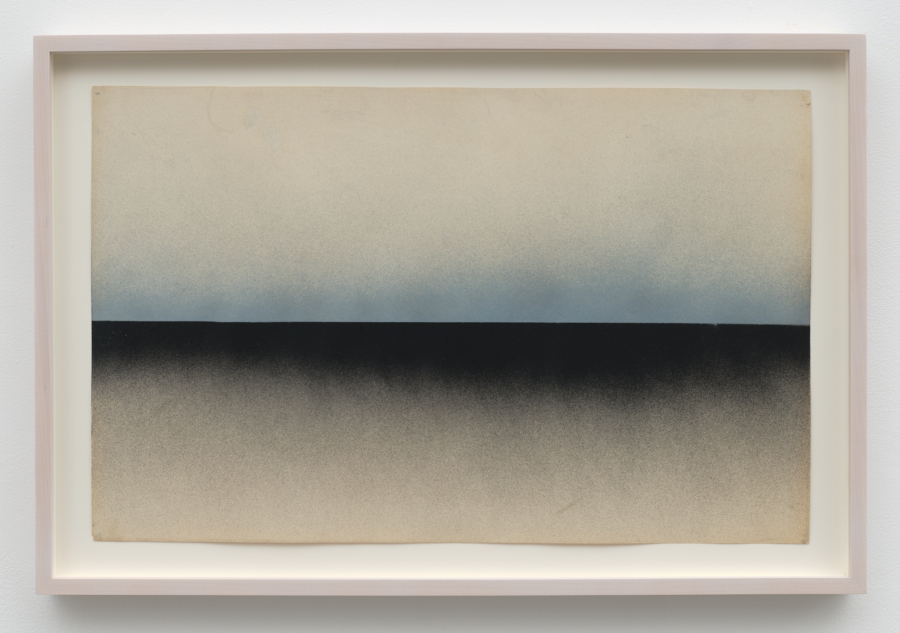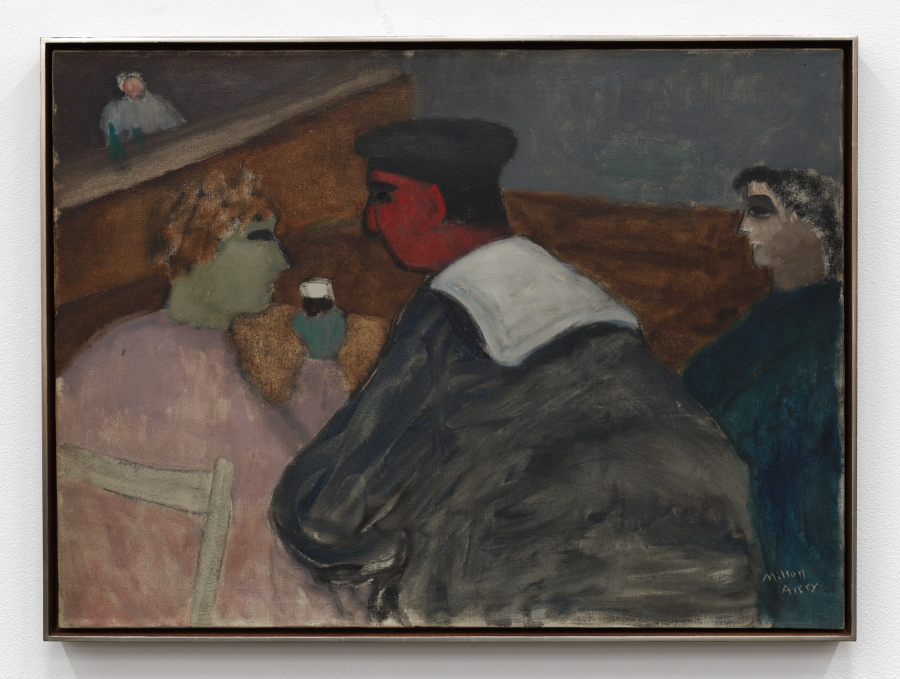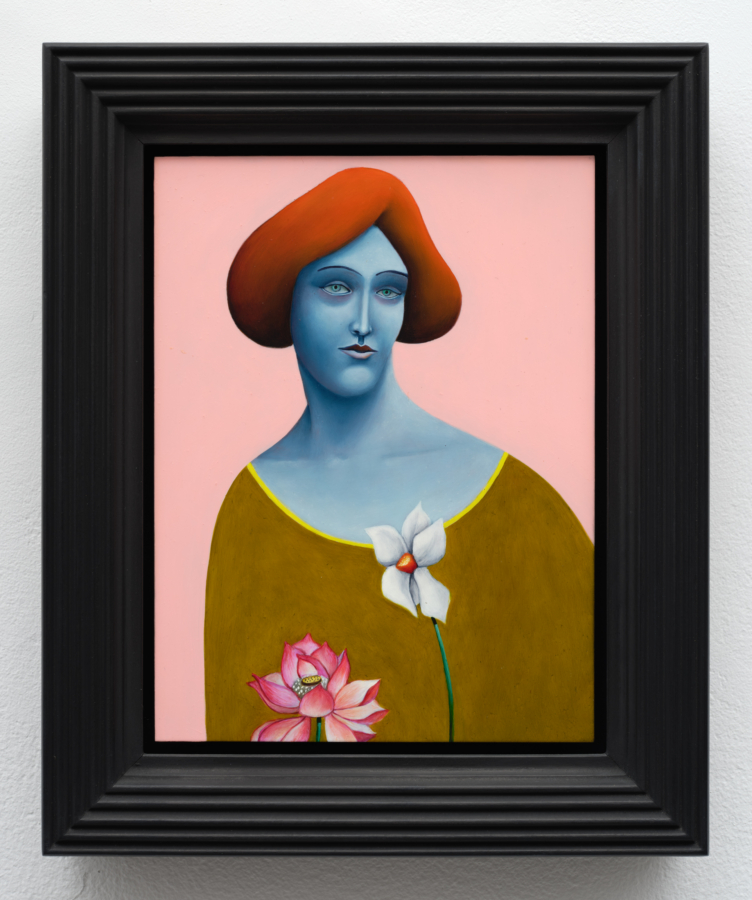February 22, 2021
Download as PDF
View on San Francisco Chronicle
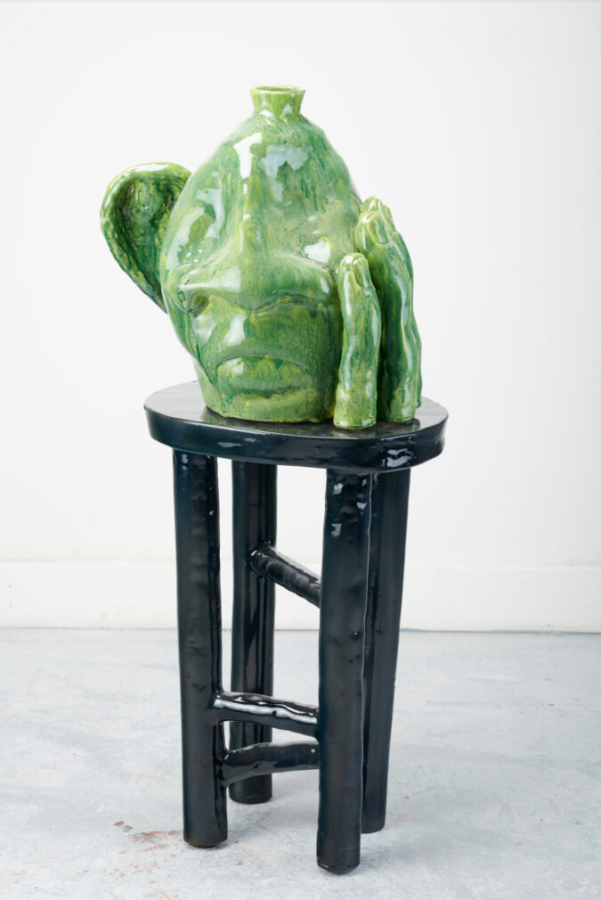
“Thinking Green” by Woody De Othello. Photo: Jessica Silverman.
Long before the pandemic forced everyone to stay indoors, where many found themselves making friends with lampshades or that old wooden stool, Woody De Othello had made household objects his muse.
The Oakland artist has spent about a decade working with clay, creating ceramic vessels that subtly speak his personal truths. Though Othello is known for breathing new life into the ordinary, the metaphor becomes intentional. Ears materialize out of clay so naturally, you might wonder whether they are listening.
Born in Miami to Haitian immigrants, Othello came to the Bay Area in 2015 to attend California College of the Arts. Since graduating in 2017, he has found himself back in his hometown more than once — he’s been asked to show his work at Art Basel Miami Beach two years running through Jessica Silverman. She discovered Othello while he was still working toward his master of fine arts. She spotted his work at a student open-studio and was immediately enthralled, and within a year she had signed him and given him his own solo show at the San Francisco gallery.
Othello, who closed out the final pre-COVID months of 2020 with a solo show at the San Jose Museum of Art, recently wrapped up a residency with the esteemed Paulson Fontaine Press, a printmaking studio in Berkeley. He says the experience of working in a new medium — specifically printmaking, painting and etching on metal plates to create final works on paper — left him riding a creative high, ready to further transform what we know as “imagery.”
He recently spoke to Represent Collaborative for The Chronicle via Zoom to discuss his work and process.
Q: When did you realize that the medium for your message was through ceramics?
A: It’s been close to 10 years now. I took an elective in undergrad, and it just clicked. I just never stopped making. It’s something that just spoke to my spirit, I guess. I always tell people, the first time I touched clay I knew everything I needed to know about my past and I knew everything I needed to know about my future — all in the one material. … I remember having a conversation with myself and just not really understanding why I felt the way that I did, but the longer and longer I’m invested in the material, the more it’s like proving itself true.
Q: So many of the objects in your work are focused around everyday items like fans and locks. What about the everyday pulls your focus there?
A: I gotta talk about the transition from making super figurative work to making the work that I’m making now. I feel like a lot of the figurative stuff I was making, I was trying to get at some type of psychology and emotion, and I felt that that was a little bit too didactic. And then when I was in graduate school I started to think about what would happen if the objects in the space of the figure were affected with the same type of spirit and energy as a figure. It’s become another way for me to have a conversation around psychological and emotional states.
Q: What I love so much about your sculpture is that you bring them to life in a way that’s very obvious. You instill them with literal corporeal fixings like ears and hands and legs. Can you speak a little bit about what energy you’re looking to bring to your work by adding those components?
A: It’s kind of cheesy to say, but definitely making work is like a cathartic release for me. So a lot of the emotion that I don’t want to live with, a lot of the processing of what’s going on in the world, I’m able to channel that energy into the work. I feel like a lot of the objects that exist are placeholders for a lot of the social and political stuff going on. But not having to be so like, straight up with it. It’s more nuanced and not trying to tell you how to feel.
Q: You recently completed a residency with Paulson Fontaine Press. Tell me about the experience of going from sculpture to printmaking.
A: Doing that residency really kicked things into high gear. Paulson Fontaine also helped me get out of that creative funk. I feel like, since doing that residency, I’ve just been at a creative high point. It just gave me confidence in my line and just going into a drawing.
The way that I approached it, I would have three or four different drawings on one plate and would see how those were layered and interacted with each other. It was very similar to ceramics, in the sense that, with glazing, when I put something into the kiln I’m not too sure how it’s gonna come out. I feel like seeing the plates interact with each other is similar. Like a revealing of itself. It was so dope. It was so fun. It really radicalized the way that I’m thinking about making images. I feel like doing that residency I hit a spot where the figure, and the objects, and the composition are all on the same level.
The stuff that I made at Paulson and what’s coming after that … there’s like a collapsing of this space that I think is super interesting. And I think it’s gonna pair super nice with the ceramic work.
Q: What are the questions that you want people to ask when they engage with your work?
A: I just want people to question themselves a little bit. And question their own memories and their own associations with some of the objects — just bring whatever you bring to the table.
I just want to speak my own truth and see what happens from there.
